

Three Wishes for 2026
One of my favorite sports contacts, an elegant thinker, recently asked: is our seeming inability to retain information the way we used to just a function of “getting older”...or is part of it due to the digital devices (phones) via which we engage?
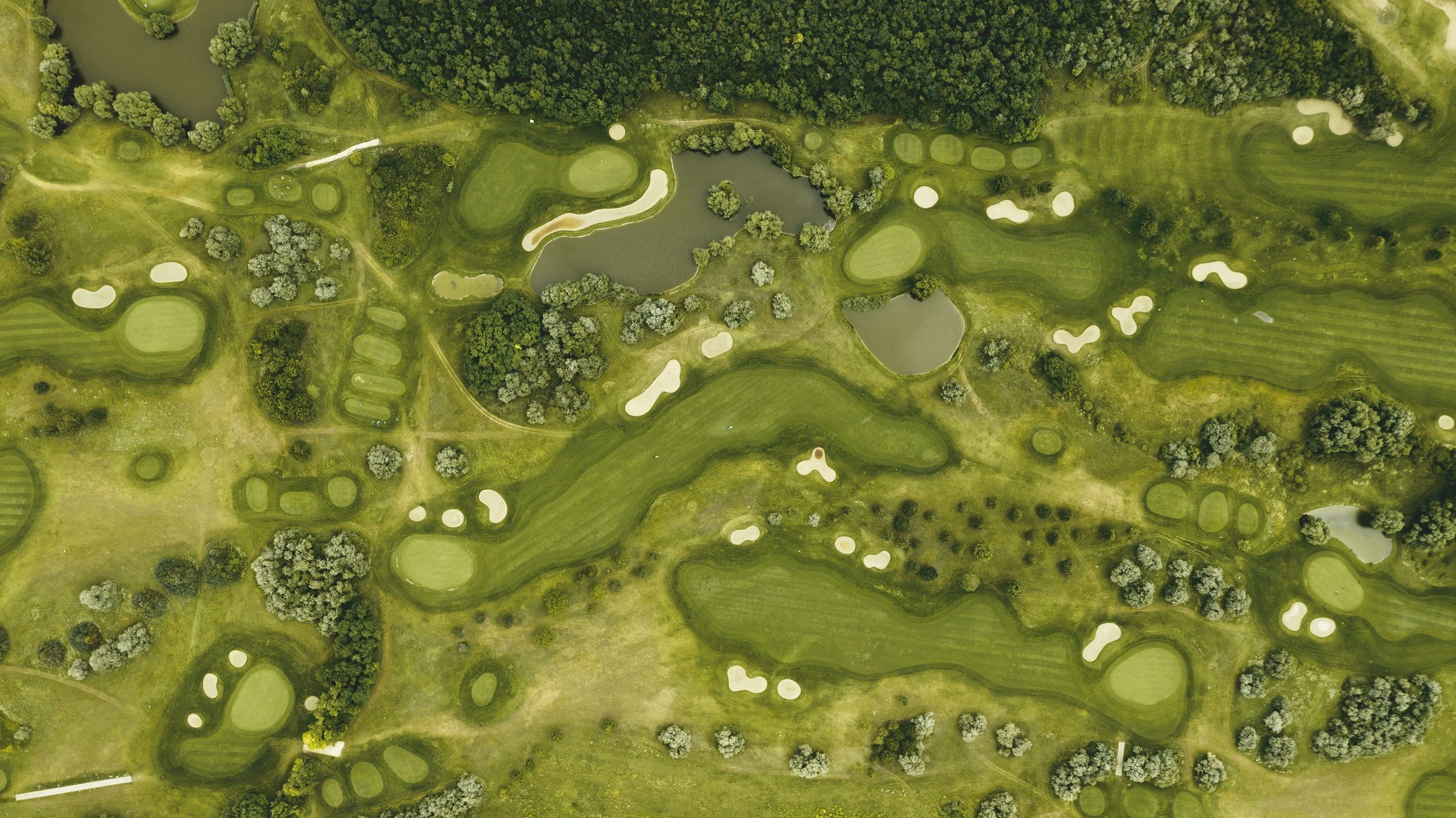
The Case for Sports Diplomacy
In an environment increasingly reverberating from geopolitical, economic and social upheaval, now is the time to double-down on how sports diplomacy can be smartly deployed. While it cannot solve the world’s problems, nor can it magically conjure up peace, sports diplomacy can help tackle some of the thornier conversions and issues faced today.
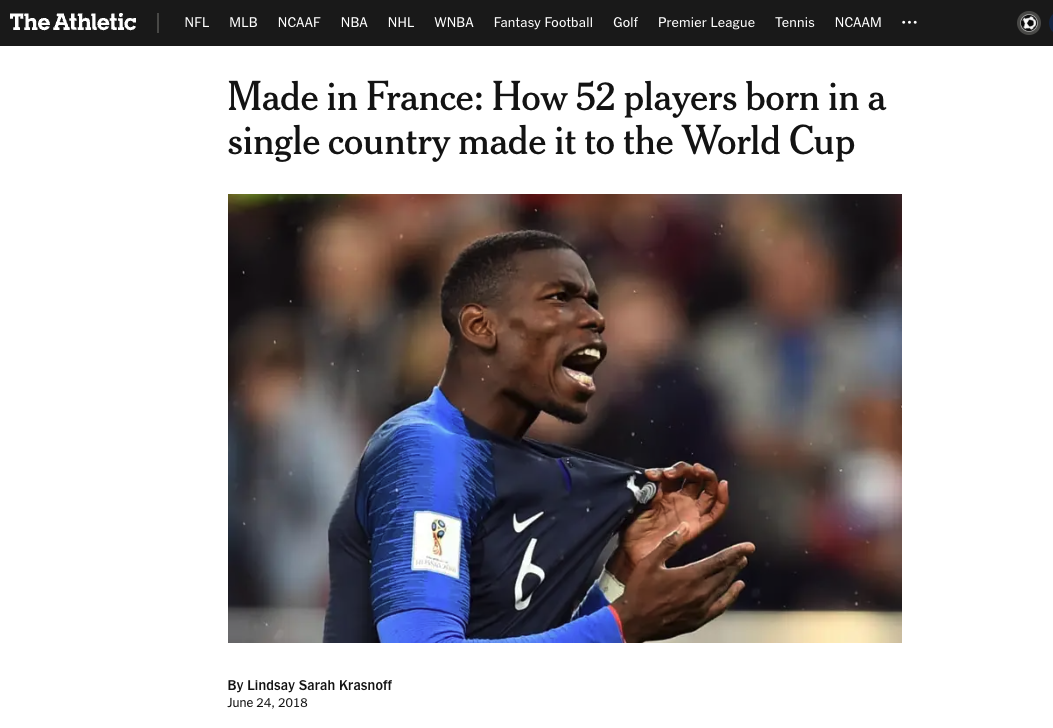
Football (Soccer) Media Work
Since the 2013 publication of The Making of Les Bleus: Sport in France, 1958-2010 (Lexington Books), France won FIFA 2018, UEFA Nation’s League, and contested the FIFA 2022 final. Little surprise that the sport continues to empower the country to punch through international headlines, sporting or otherwise, for it consistently produces some of the world’s top footballers, the second largest exporter of players worldwide and the top supplier of talent to Europe.
France hosted FIFA 2019, served as home to the world’s most dominant professional football club, the women’s side at Lyon, and produced Grace Geyoro, who set a new transfer fee record in her move from Paris Saint-Germain to London City Lionesses in September 2025…even as the women’s game struggles.
Here is my collected media reporting and analysis on global football, French and otherwise, including the two foundational pieces: my 2014 New York Times article on Les Bleus and 2015 The New Yorker feature on French women’s football.
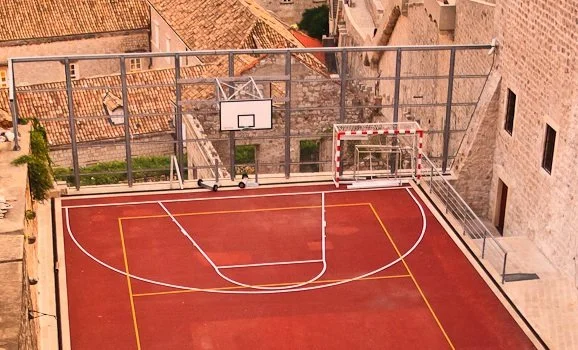
EuroBasket: A Continent of Cagers
While you were on vacation, the basketball world was hard at work. Across the globe, FIBA tournaments were played or prepared for as countries vie for national bragging rights. Now, with all eyes on EuroBasket2025 and its NBA and EuroLeague stars, here’s a republication of a 2015 book review of Le Continent Basket, which delved into the history and “making of” basketball across the European continent.
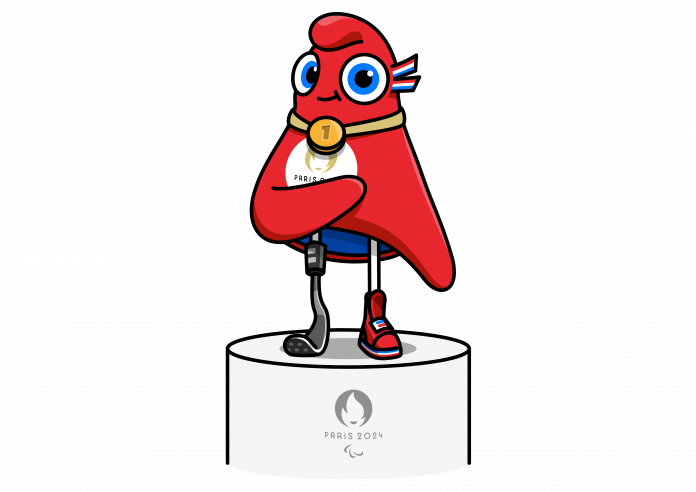
Reflections on #Paris2024 Part 2️⃣
Today, one year since the magic of the Paris Games, I’m thinking about legacy—specifically how hosting the Olympics and Paralympics has translated for the sports world in France. The sporting journeys of elite French athletes at Paris 2024 built a different “brand” – a new(er) one of a France that wins.

Reflections on #Paris2024 Part 1️⃣
One year ago (July 26) the Paris Games Opening Ceremony unfurled along the River Seine under a torrent of rain, swollen with symbolism and sports diplomacy that only such a “show” can convey.

Taking Inspiration from a Sports Diplomat’s Playbook
Earlier this summer I had the privilege of giving a keynote address at the Business Travel News Entertainment, Media & Sports Summit in New York on how to take inspiration from a sports diplomat’s playbook to better navigate our challenge era of geopolitical, economic, and social upheaval. Here are a few glimpses into that talk and the discussion around it.

Incubating Style, Identity, and Panache
That’s me last week in Vilnius, Lithuania, where I had the good fortune to spend several days leading the “Toward the Development of Sports Diplomacy: Understanding, Exchanging, Realizing” workshop hosted by the National Sports Agency. You can read more about that fantastic experience and set of exchanges here and here. Being in one of the Baltic meccas of basketball prodded me to think more deeply about the game, ignited my creative flair, and inspired this series.
For basketball in Lithuania is more than a game.
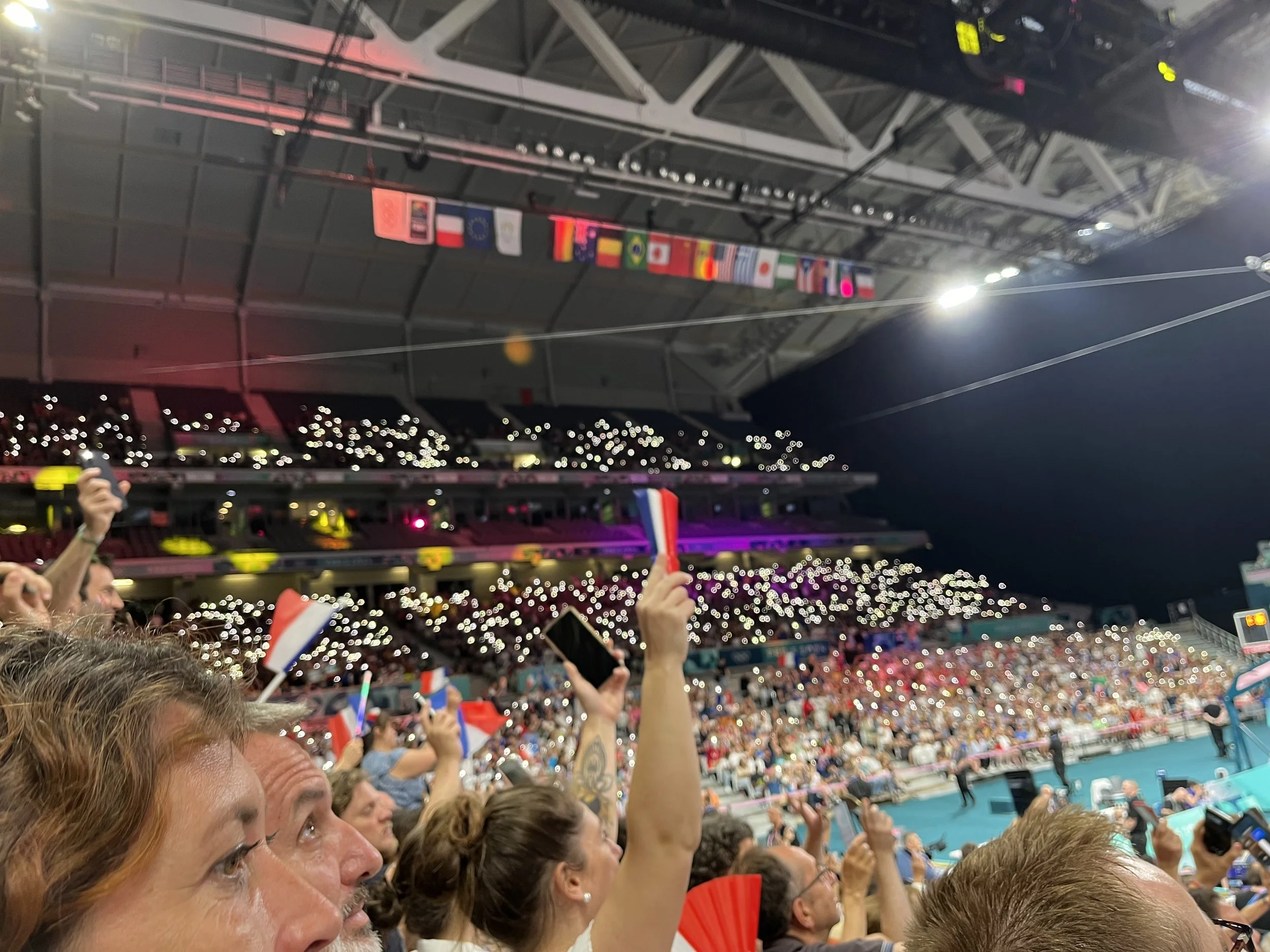
From “Court of Gold” to Global Hoops in 2025
In the aftermath of a magical Paris 2024 Olympic Tournament, the dynamism of basketball across the continents illustrates that the world’s got game beyond the Games
They say that Paris is the City of Love, but last summer Steph Curry broke my heart in the City of Light. With three minutes left in the Olympic gold medal match and Team France just three points behind Team USA, Curry unfurled a series of three-point shots that put to bed French hopes for a victory on home soil. Lovers of the game, even those like me, who were rooting for Les Bleus, had to admire the artistry and dedication to craft that enabled those shots to sail clear through the net by the undisputed king of the three-point shot.

It’s A Wrap: Paris Summer 2024
It’s been a tough week without that je ne sais quoi magic that the Paris 2024 Games conferred. here are a few things I’ll integrate into my global communications, sports diplomacy, and teaching work this fall.